EDITORIAL
Published on 01 Apr 2022
Editorial: Neuroepigenetics of Neuropsychiatric Disease—Hope, Success and Obstacles for Translational Findings and Applications
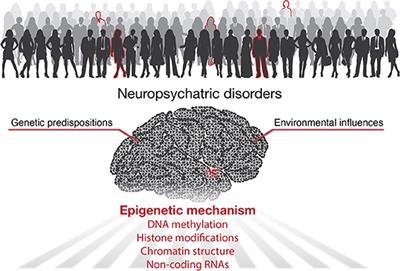
doi 10.3389/fnins.2022.886695
- 2,007 views
- 2 citations
11k
Total downloads
43k
Total views and downloads
Select the journal/section where you want your idea to be submitted:
EDITORIAL
Published on 01 Apr 2022

REVIEW
Published on 13 May 2021
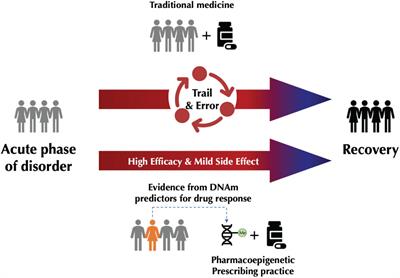
ORIGINAL RESEARCH
Published on 20 Apr 2021
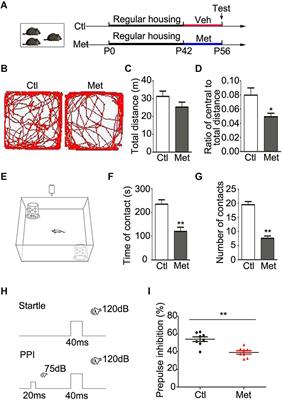
REVIEW
Published on 07 Dec 2020
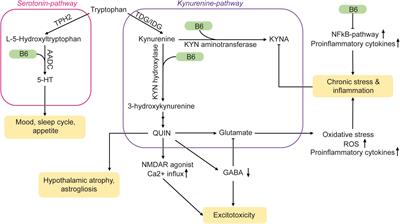
REVIEW
Published on 12 Nov 2020
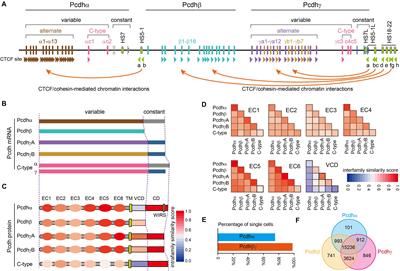
ORIGINAL RESEARCH
Published on 09 Nov 2020
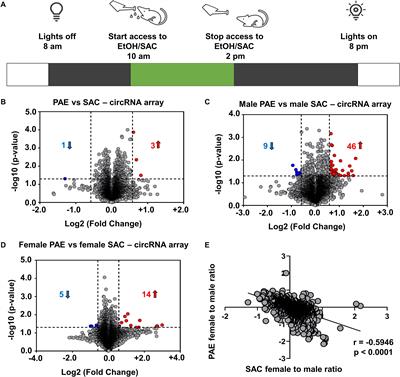
MINI REVIEW
Published on 16 Sep 2020
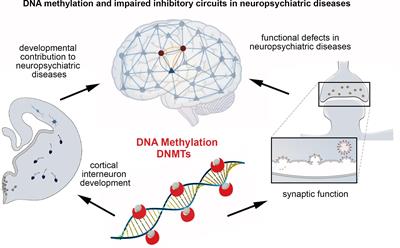
ORIGINAL RESEARCH
Published on 21 Feb 2020


Frontiers in Genetics